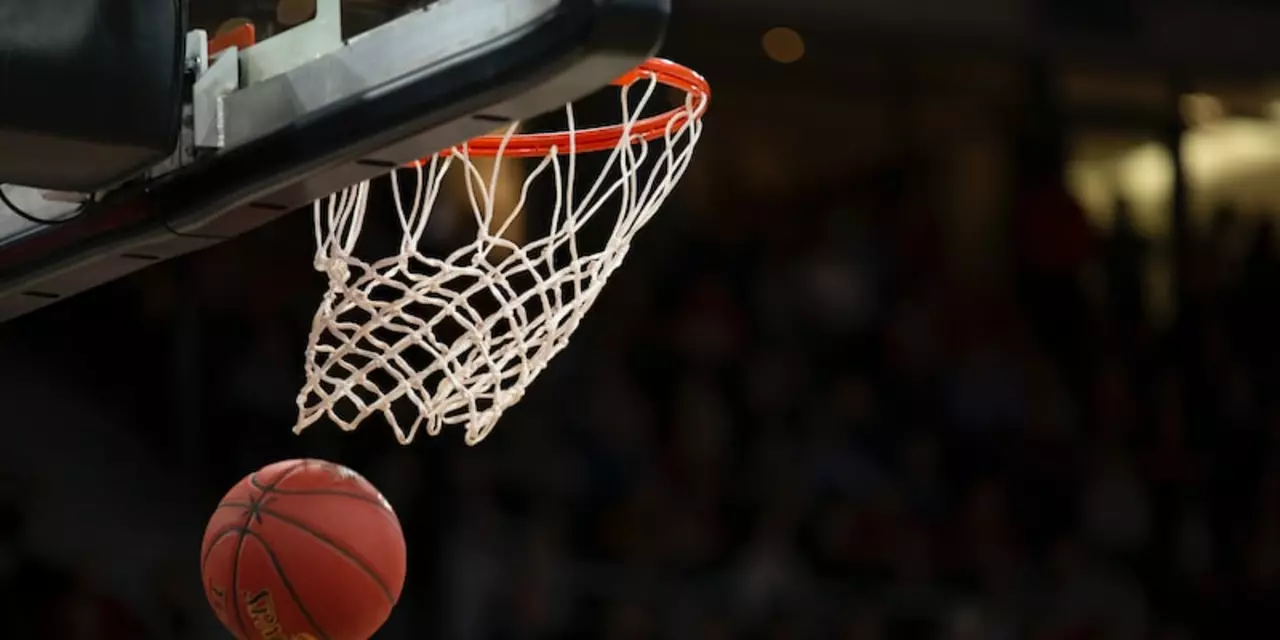Basketball Referee Guide: What They Do, Key Calls, and How to Get Started
If you watch any game, you’ll notice a whistle, a uniform, and a lot of shouts. That’s the referee, the person who keeps the game fair and moving. Their job isn’t just about blowing the whistle; it’s about reading the flow, making split‑second decisions, and keeping players safe.
Most fans think referees are just rule‑enforcers, but good officials also act like a coach’s third eye. They spot fouls before they explode, manage the clock, and keep the tempo in check. Understanding what they do helps you appreciate the game more and even improves your own play.
Key Calls Every Referee Must Know
There are a handful of calls that show up in almost every game. Knowing them helps you recognize what the referee is looking for and gives you a chance to avoid costly mistakes.
Personal foul – any illegal physical contact, like a push, hit, or holding. The ref will usually point a finger, blow the whistle, and award free throws if the foul is on a shooter.
Traveling – when a player moves illegally with the ball. The ref counts the steps, signals the violation, and the ball goes to the other team.
Double‑dribble – once you stop dribbling, you can’t start again. The whistle signals the stop and possession changes.
Three‑second violation – an offensive player can’t stay in the paint for more than three seconds without the ball. The ref watches the paint closely and calls a turnover when needed.
Technical foul – unsportsmanlike behavior, like arguing with the official, or a coach stepping onto the floor. This brings free throws and ball possession.
Each call has a simple hand signal that the referee flashes. Learning those signals lets you react faster, whether you’re defending, shooting, or just watching.
Becoming a Basketball Referee
If you love the game and want to stay involved, officiating is a great route. Here’s a quick roadmap:
1. Check local requirements. Most states or provinces need you to be at least 16‑18 years old and complete a basic training course.
2. Take a certification class. Community centers, schools, or the national basketball federation usually run these. You’ll learn the rulebook, positioning, and signals.
3. Pass the written test. It covers the official rulebook. Study the FAQs, take practice quizzes, and you’ll be fine.
4. Get on the court. Start with youth leagues or recreational games. Those games are less intense and let you build confidence.
5. Seek feedback. Most leagues assign a senior official to observe and give tips. Take notes, ask questions, and adjust your positioning.
6. Move up. After a season or two, you can apply for higher‑level assignments like high school, college, or even semi‑pro leagues. Each level demands more fitness and a deeper rule knowledge.
Being a referee also means staying fit. You’ll be running up and down the court, often at a slower pace than players, but you need quick bursts to be in the right spot. Stretch before games, do cardio, and work on footwork drills.
Finally, keep the mindset right. You’ll face heated players, coaches, and fans. Stay calm, use clear communication, and never argue. A confident whistle and a steady voice earn respect faster than any rulebook citation.
Whether you’re watching a casual pickup game or a televised matchup, understanding the referee’s role adds a layer of excitement. The next time you hear that whistle, you’ll know exactly why it sounded and maybe even consider stepping into the uniform yourself.
